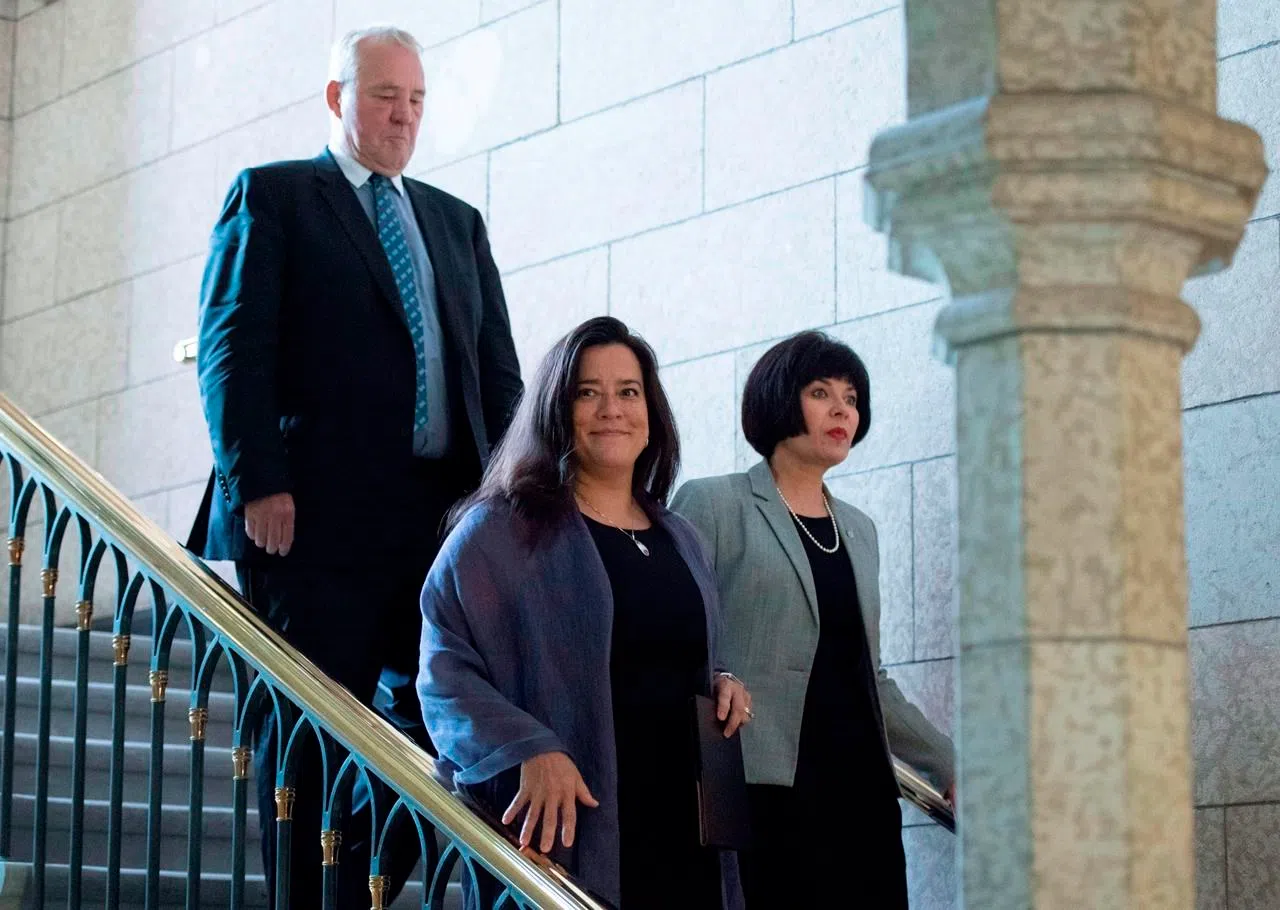
Feds will make marijuana legal in Canada on Oct. 17, Trudeau says
OTTAWA — Canadians will have to wait until Oct. 17 — one month longer than expected — before they’ll be able to legally purchase and consume recreational marijuana.
Prime Minister Justin Trudeau announced the date Wednesday during the last question period in the House of Commons before MPs departed for a three-month summer break.
He said the government delayed the timetable for lifting the almost century-old prohibition on marijuana at the request of three of the larger provinces, including Quebec, which asked for more time to make the transition to a legal regime for regulating the production, distribution and consumption of cannabis.
“The provinces have asked us for more time than they originally thought they would need in order to get the implementation right and I think we all agree it’s important to get this right and not rushed,” the prime minister told a news conference wrapping up the spring sitting of Parliament.


